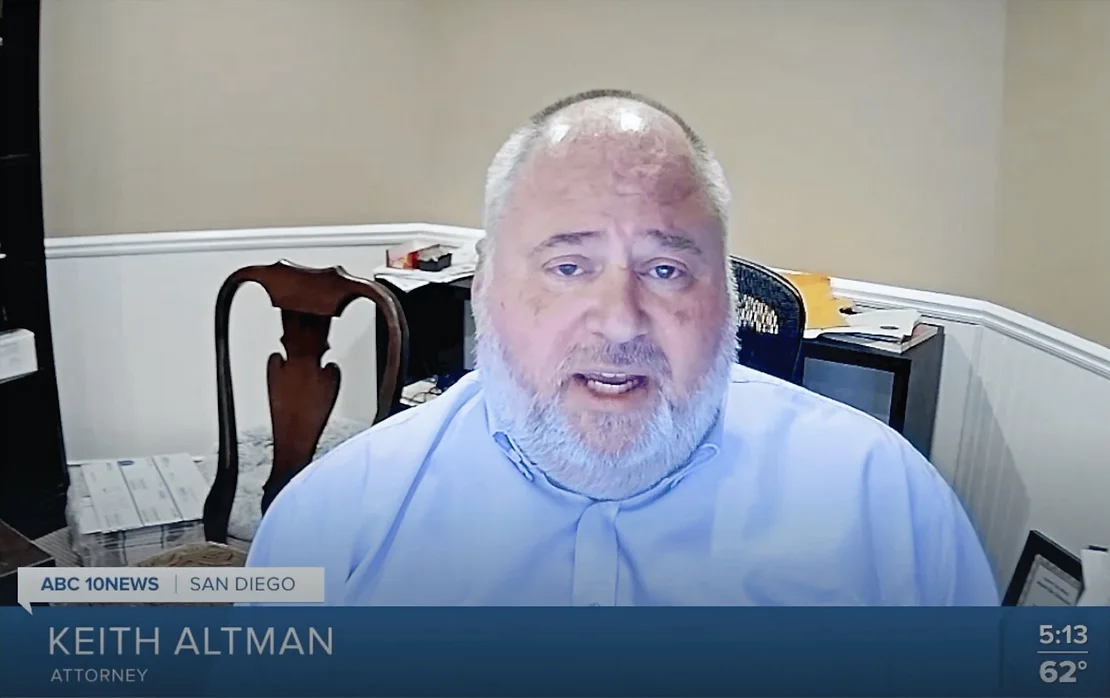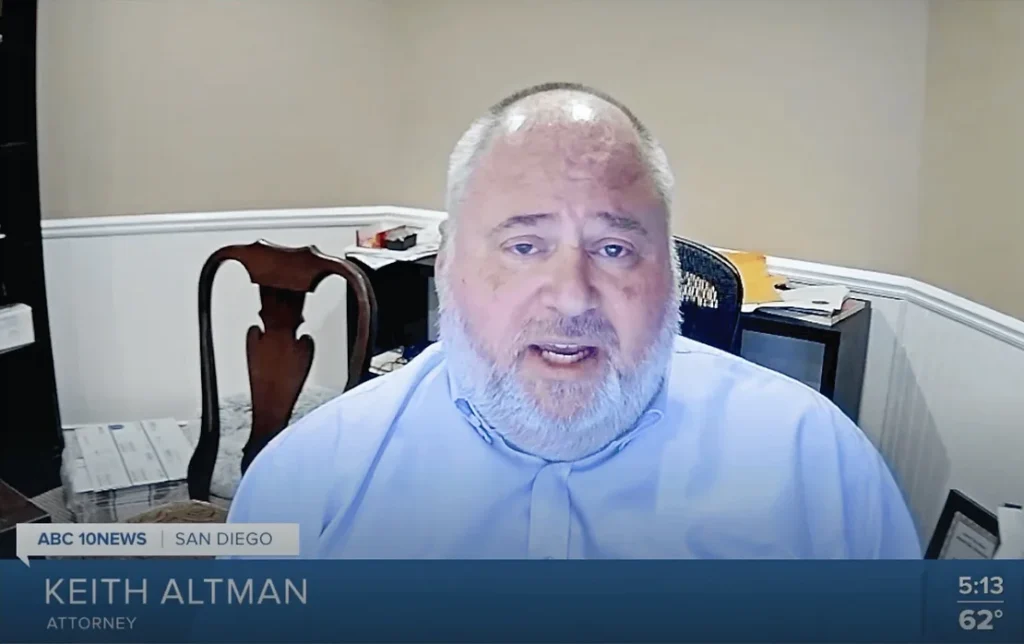Keith Altman talks to media on sentencing of Mastermind of ‘Varsity Blues’
“Our principle is if you’ve done something wrong, accept responsibility and step up to the plate. Then negotiate the best possible outcome.” Keith Altman, a seasoned education lawyer, renowned for his leadership in ethical legal practice, declared in his recent conversation with the media on the sentencing of the mastermind of ‘Varsity Blues’ scandal.
Reinforcing Integrity in a Controversial Case
Altman, a stalwart in the legal industry, has long been an advocate for ethics and morality in an arena often criticized for its gray areas. His statement underlines the importance of responsibility and acceptance of wrongdoing, not just in the realm of legal proceedings, but in every aspect of our lives.
The Impact of the ‘Varsity Blues’ Scandal
The scandal rocked the world, particularly the United States, where college admissions have long been a topic of heated debate. The mastermind of ‘Varsity Blues’ scheme, manipulating the college admissions system to favor the wealthy and influential, was sentenced after a highly publicized and dramatic trial. Altman’s commentary on the sentencing speaks to a broader perspective on how we, as a society, handle wrongdoings.
Accountability as a Cornerstone of Reform
As Altman insists, accepting responsibility is the cornerstone of personal integrity. This is especially relevant in a case such as ‘Varsity Blues’, where the scale of the wrongdoing extended far beyond the immediate circle of influence. The scandal affected not only those who were directly involved but also created ripples that shook the faith of many in the fairness of the education system. By accepting responsibility, the wrongdoers take the first step towards restitution, a move towards rebuilding trust and credibility.
Pragmatic Problem-Solving in Sentencing Outcomes
The latter part of Altman’s statement – “Then negotiate the best possible outcome” – speaks to the importance of pragmatic problem-solving. This doesn’t mean to manipulate or wriggle out of consequences, but rather to find a resolution that brings about the maximum good and minimum harm. The outcome’s negotiations by the mastermind of ‘Varsity Blues’ will ideally serve as a deterrent for similar acts in the future, while also inspiring reforms in the college admission process.
Upholding Human Values Within Legal Systems
Altman’s comments bring us back to the principles that govern not just the law, but also our everyday actions. By encouraging acceptance of responsibility and pragmatic negotiation, he offers a blueprint for how we can deal with our own mistakes and transgressions. His views are a refreshing reminder that even amidst the intricacies of legal proceedings, basic human values and ethics remain paramount.
A Blueprint for Accountability and Growth
In an era where accountability often seems lacking, Altman’s statement serves as a beacon of hope. It suggests a path forward, one that acknowledges mistakes, encourages restitution, and works towards an outcome that, while not negating the consequences, provides an opportunity for learning, growth, and reform.





